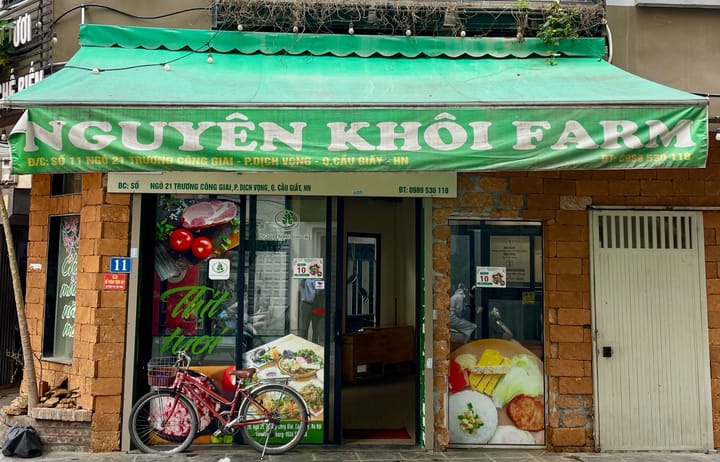Supporting Local and Regional Business Environment Reforms

I’m very happy to share with you the link to this new resource from the Donor Committee for Enterprise Development (DCED).
This Annex has just been published (December 2016). It contributes to the Donor Guidance on Supporting Business Environment Reform and focuses on how donor and development agencies can support business environment reforms at local and regional levels.
Local business environment reform (LBER) focuses on business environment constraints found within national boundaries and on the role of subnational government authorities and business representative organisations.
Regional business environment reform (RBER) is concerned with allowing businesses to produce and trade more easily with their neighbours and among other international markets. This includes, in particular, support to trade facilitation and regulatory cooperation and harmonisation in areas related primarily to the conduct of business, but also in relation to trade-related infrastructure (e.g., transport, energy).
In 2008, the DCED published guidance for donor and development agencies in their support of business environment reform in developing countries. Since this publication, increasing attention has been given to a number of specific and closely related topics, which have been published as annexes to the original guidance. The other annexes deal with the following topics:
- Supporting Business Environment Reforms within Industry Sectors
- Gender and Business Environment Reform
- Supporting Quality Infrastructure in Developing and Transitional Economies
- Measuring Results in Business Environment Reform
- How Business Environment Reform can be Complemented with Industrial Policy Support
- How Business Environment Reform can Promote Formalisation (also available in French and Spanish)
This has become quite a collection over the years.
The most recent annex focuses on how donor and development agencies can support local and regional business environment reforms. It is based on the findings of a Technical Report, which I wrote earlier this year and can also be found on the DCED site.
Local and regional business environment reform is an important dimension in ensuring private firms contribute to inclusive economic growth and job creation. These reforms complement national-level reforms to address specific business and market constraints.
While there are a variety of LBER areas of interest, donor and development agencies tend to focus on supporting reforms in the following ‘functional areas’:
- Formalising local enterprises through improvements to local business registration and license procedures;
- Local construction permit reform;
- Local taxation reform;
- Local regulatory reform (i.e., simplification and improvement of local laws and procedures);
- Local investment promotion; and
- Local land reform and local area planning.
In comparison, regional integration is a central focus of most RBER programs. However, there are other ‘functional areas’ donors support through their RBER programs:
- Regional programing;
- Regional economic development;
- Simplifying business registration and licensing procedures;
- Improving tax policies and administration;
- Improving land titles, registers and administration;
- Simplifying and speeding up access to commercial courts and to alternative dispute resolution mechanisms;
- Broadening public-private dialogue processes with a particular focus on including informal operators, especially women;
- Improving access to market information;
- Enabling better access to finance;
- Trade agreements and regional trade facilitation;
- Improving access to markets and market information;
- Aid for Trade;
- Capacity building to regional organisations;
- Special economic zones;
- Value chain improvements;
- Women’s economic empowerment;
- Publications on ‘vertical cooperation’ –– linking regional and national reforms; and
- Programing through multi-donor facilities and programs (e.g., Investment Climate Facility for Africa, World Bank Group).
Check out the annex — it’s short and easy to read.
Let me know what you think.


